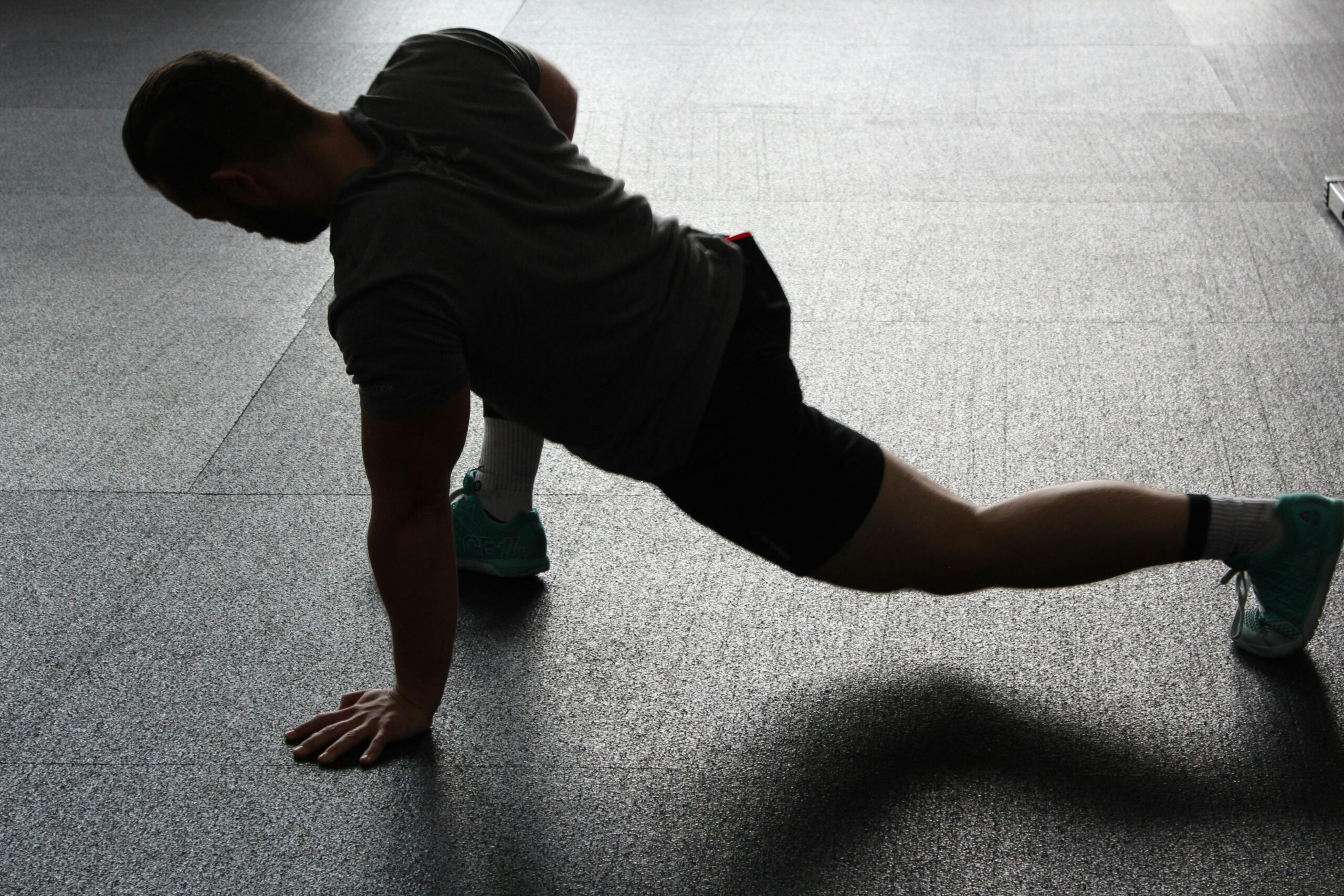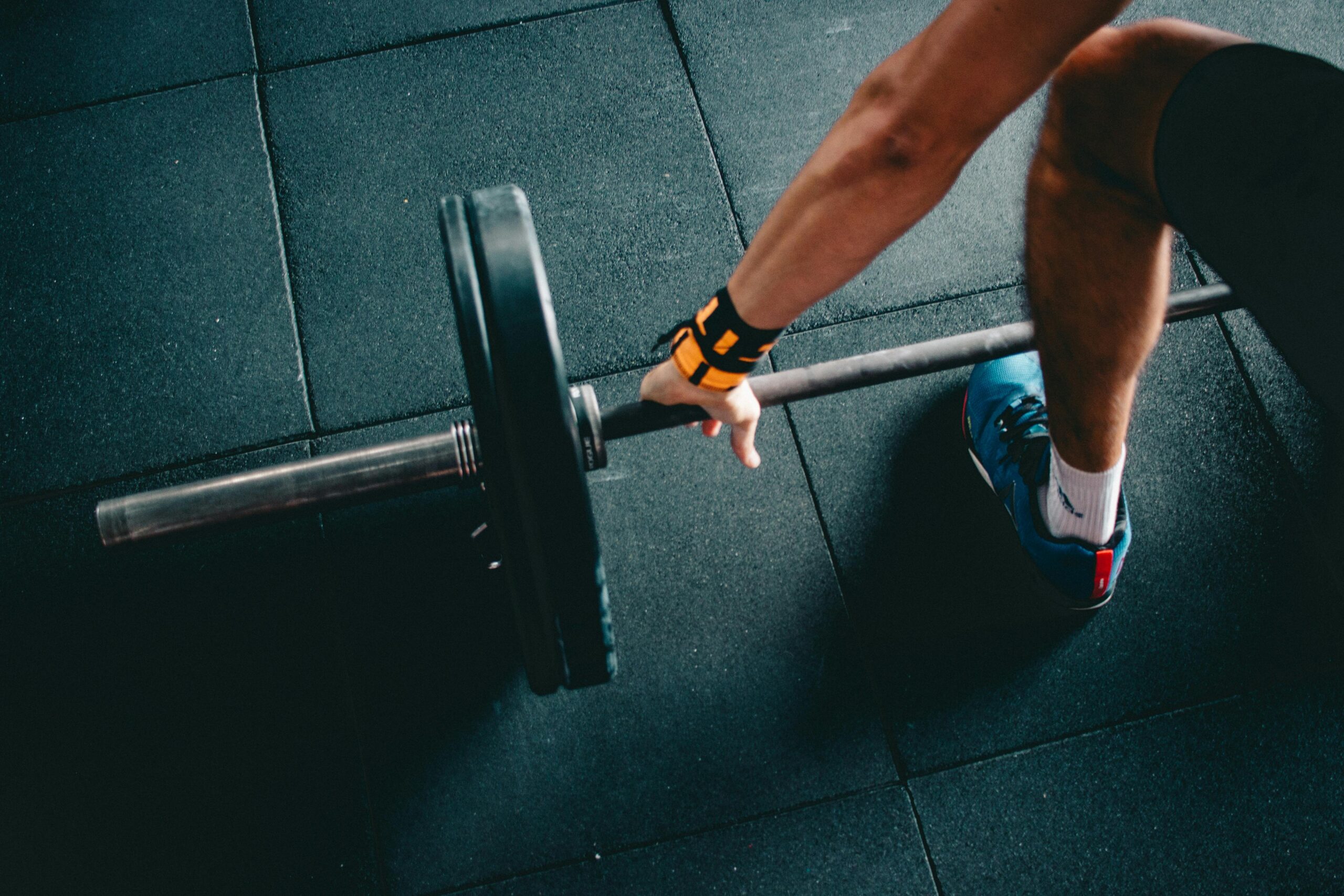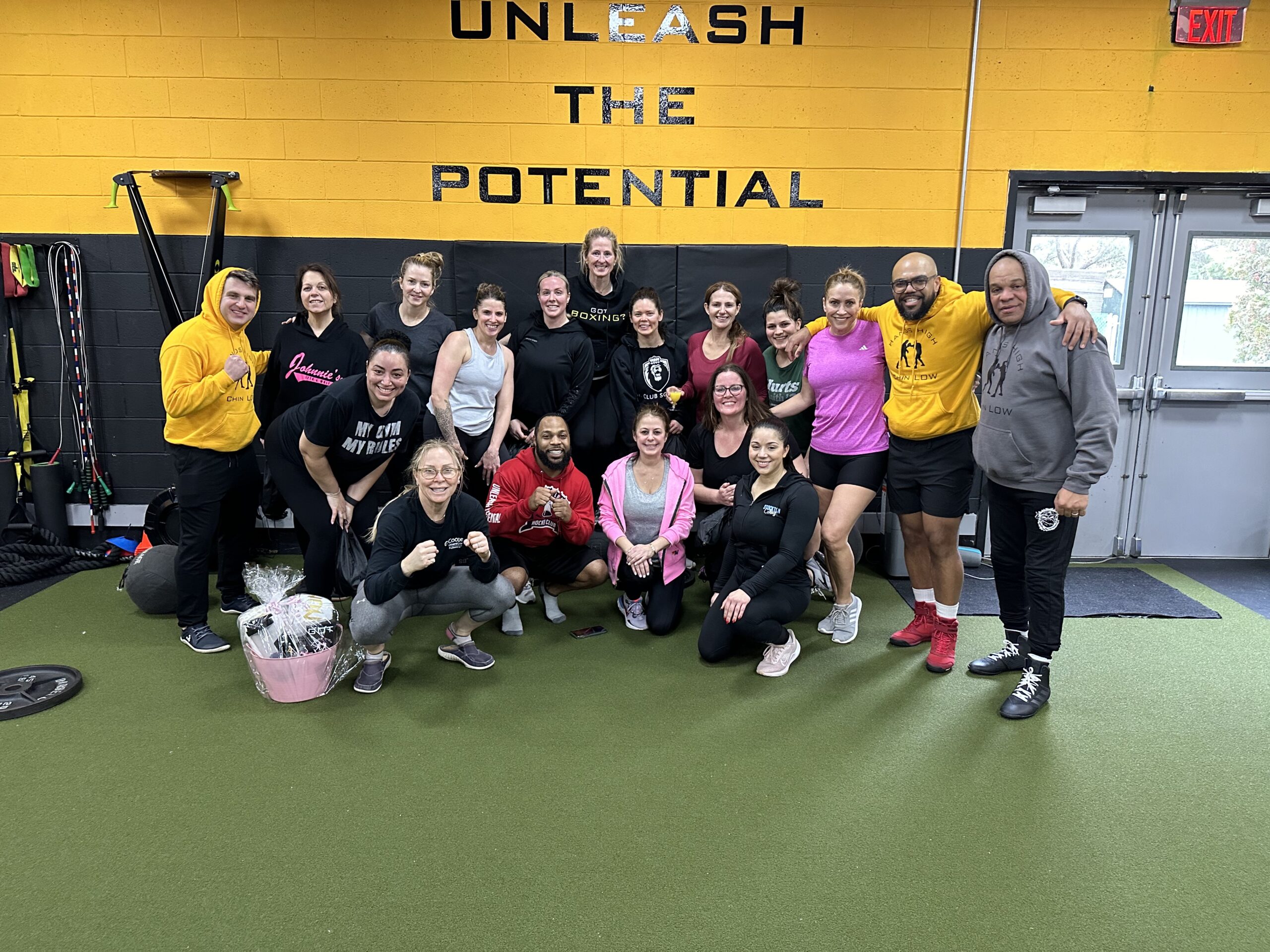How to Combat Overtraining
Everyone has heard of overtraining, but do you actually know what it is? There is no one size fits all when it comes to overtraining. What might be way too much for one person could be someone else’s normal workload. Understanding proper progressions, body conditioning and recovery methods is what will be able to take your body to the maximum workload without overtraining.
What is Overtraining?
Most people think overtraining is training the muscles too hard and then stay away from doing enough to see results. Overtraining really is taking on more of a training load than your body can properly recover from. It can also happen when you increase repetitive movements too quickly without conditioning the body to handle the high increase in reps.
Proper Progressions
If you’re just starting out or new to a specific type of program, progressing properly is essential to not overtraining. If you’ve never ran before or it’s been years. Going on distance runs everyday probably isn’t the best idea. If you have touched a weight in a long time, jumping into your old max lifts probably isn’t going to go well. Proper progressions will vary for everyone depending on their fitness levels and previous training.
Condition the body to handle overload
Once you have progressed properly then you can start to condition the body to handle overload on the muscles. This means increasing weight on the bars or programming a repetitive movement like running or skating everyday.
Recovery
The next piece to the puzzle is recovery! You can only train as hard as you recover! There are many pieces to recovery, including, staying hydrated, eating enough nutrients, getting enough rest, proper mobility/range of motion training, as well as plenty of extras. Ex: Ice bath, sauna, normatec, theragun, etc.
-
Water intake
-
-
- General rule of thumb is a gallon a day for athletes or 128oz. This may vary based off your weight and activity levels
-
-
Food
-
-
- Not only is it about getting enough calories to sustain your goal (gain weight, lose weight, maintain) but also about getting the proper nutrients to allow your muscles to recover and get stronger. Focus on getting your macros balanced.These are proteins, fats, and carbs. A general macro breakdown for an athlete may be 20% protein, 30% fat, 50% carbs. This may vary based off of your weight and goals.
-
-
Sleep
-
-
-
- We’ve all heard it but it’s true, sleep is essential to recovery! Usually 7-8 hours minimum for athletes but can vary based off the person and their preferences. Focus on staying consistent with an amount of sleep daily and see how you feel and then adjust from there!
-
-

-
Mobility/Range of Motion
-
-
- A proper mobility and range of motion program will also be a must have when it comes to properly recovering your body. Beating down the body with weights or high impact exercises like jumps and sprints can start to take a toll. Continually maximizing your mobility will help increase range of motion but also reduce stiffness, lactic acid buildup, and help increase blood flow to allow for your muscles to increase recovery rates so you can get back to going hard the next day.
-
-
Extras
-
- Once you got the fundamentals covered adding in some extras can help you really take it to the next level! But these extras can’t replace the recovery fundamentals. Some extras include ice baths, sauna, theragun, massage, normatec, cryo just to name a few. These methods seem like great tools and they are! You’ll get the most bang for your buck with the recovery fundamentals though!
#unleashthepotential
Written by:
Rob Jost – ACE-CPT, NSCA-CPT
Suggested Article: Have Your Best Off-Season Yet
Take action… Now!
Training Aspects Personal Training and Sports Performance:
Visit us: Inside of the Flyers Training Center 601 Laurel Oak Rd. Voorhees, NJ 08043




